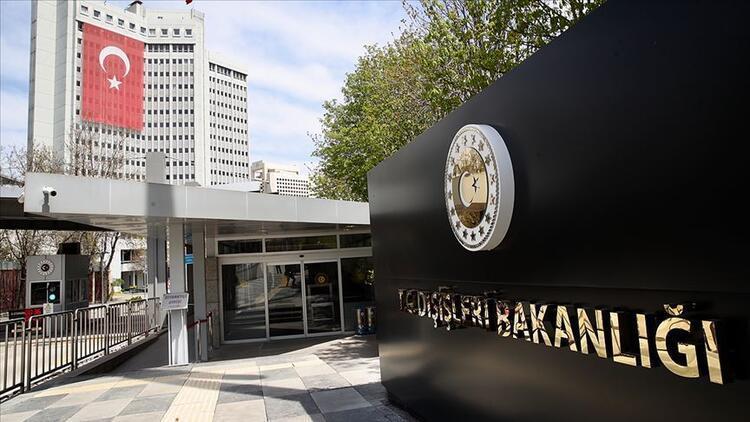Ankara expresses ‘disappointment’ at EU over travel ban
ANKARA

Turkey expressed “disappointment” at the European Union over its decision to continue a travel ban on Turkish nationals amid the coronavirus outbreak.
In a statement, Foreign Ministry spokesperson Hami Aksoy conveyed Ankara’s concerns over excluding Turkey in the recent list of 15 countries that have been allowed for travel to EU states.
“Turkey’s efforts, measures and achievements made to stem the outbreak of coronavirus are evident. This decision should’ve been taken with objective criteria and while considering the country’s success, which was cited as an example by the World Health Organization and the international community,” he said.
On June 30, EU countries have decided to allow nationals from 15 countries to enter the bloc’s territory as of July 1. The agreement between EU states will gradually lift travel restrictions for non-EU nationals which were adopted in mid-March to contain the spread of COVID-19.
Under the current rules, Turkish or U.S. citizens cannot enter the EU unless they are close relatives of an EU citizen, long-term residents of the EU, or work in the healthcare sector.
Underscoring Turkey’s “exemplary solidarity with the international community during the pandemic,” Aksoy said the country will continue its cooperation and transparent information sharing regarding the outbreak with European institutions.
“We expect this mistake regarding travel restrictions for our citizens will be corrected as soon as possible,” the spokesperson said.
The decision has been the result of long and difficult negotiations between EU countries with varied approaches to travel restrictions.
According to the bloc’s agreement, EU states will gradually lift travel restrictions for non-EU nationals, which were adopted in mid-March to contain the spread of COVID-19.
In the first wave, residents of Algeria, Australia, Canada, Georgia, Japan, Montenegro, Morocco, New Zealand, Rwanda, Serbia, South Korea, Thailand, Tunisia, and Uruguay can travel to the EU.
Chinese visitors are also welcome on the condition that Beijing grants the same rights to EU citizens.
The EU will revise the list every two weeks based on epidemiological criteria, including the countries’ overall response to COVID-19 and declining infections rates which reflect similar or lower cases per 100,000 inhabitants compared to the EU average.
In Turkey, decreasing daily death tolls, increasing recoveries and fewer new cases paved the way toward normalization on June 1.
















